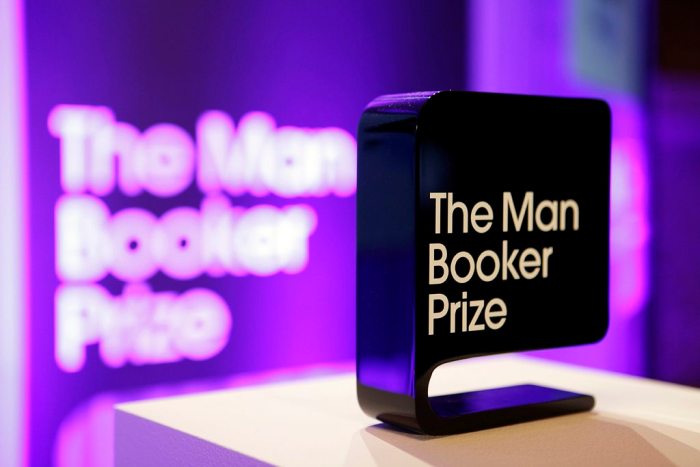LONDON (The Guardian) – A letter from 30 industry figures is urging the award to reverse 2014’s inclusion of US authors, in order to avoid a ‘homogenised literary future’.
Tensions over the decision to allow US authors to enter the Man Booker prize have flared up yet again, with 30 publishers signing a letter urging the prize organisers to reverse the change, or risk a “homogenised literary future”.
The letter, which was intended to be private and has been seen by the Guardian, argues that the rule change to allow any writer writing in English and published in the UK to enter has restricted the diversity of the prize and led to the domination of American authors since it came into effect in 2014. Previously, the prize only allowed citizens from Commonwealth countries and the Republic of Ireland to enter.

“The rule change, which presumably had the intention of making the prize more global, has in fact made it less so, by allowing the dominance of Anglo-American writers at the expense of others; and risks turning the prize, which was once a brilliant mechanism for bringing the world’s English-language writers to the attention of the world’s biggest English-language market, into one that is no longer serving the readers in that market … [It] will therefore be increasingly ignored,” the letter claims.
Mark Richards, publisher at John Murray, confirmed that the letter had not yet been sent to the trustees of the Booker Foundation. “There is a letter circulating that we hope, once sent, will start a constructive discussion with the Booker Foundation,” he said. Responses to the rule change have been varied since it came in. When it was first announced, author Philip Hensher wrote: “I don’t think I’ve ever heard so many novelists say, as over the last two or three days, ‘Well, we might as well just give up, then.’” Julian Barnes, who won the Booker in 2011, branded the change “straightforwardly daft”; broadcaster Melvyn Bragg said the prize might lose its distinctiveness; and Susan Hill, who judged the prize twice and was shortlisted once, wrote: “Not sure I can see a reason for this. Why can’t we have a prize of our own?”
You can read the full article in theguardian.com.
Photo: Will Oliver/EPA


























Comments